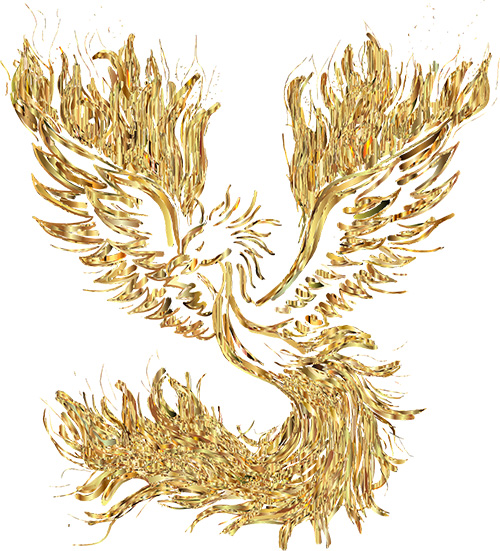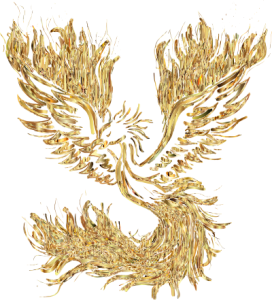Psychology is simultaneously a science and one of the humanities. Psychology as we have come to know it evolved from the practice of medicine in the early 20th Century predominantly through the work of Sigmund Freud and his circle of practitioners in Vienna.
Although some of Freud’s predecessors such as William James focused on the humanistic and spiritual aspects of human behavior and consciousness, it was Freud’s medical model that gained eminence in the 20th Century.
Carl Jung, once a protégé of Freud’s, split with his mentor in part due to Freud’s concern that removing psychological inquiry beyond the purely physical (or physically generated) realm would damage psychology’s viability as a science (McGuire, 1979). As a result Freud’s medical model has been the foundation of contemporary psychological practice.
However psychology – the study of the mind – has its traceable origins in the Platonism of the Ancient Greeks. The model of the mind espoused by Plato and later by Plotinus and the Neo-Platonists perceived each human as a multiplicity wherein the gods manifested as what Richard Schwartz (the founder of Internal Family Systems) would come to refer to as “parts” (Hillman, 1996; Schwartz & Falconer, 2017).
The denizens of the collective unconscious who were the gods of the Ancient Greeks were the progenitors of the archetypes described by Jung. This branch of psychology focuses on consciousness and spirituality, art and mysticism, and follows humanity’s eternal quest into the meaning and origins of life, the universe and humanity’s place in it all.
Standing on the shoulders of ancient philosophers and mystics, James, Jung, Hillman and those following in their footsteps have continued to pursue a psychology of being – an emergent psychology that is multidisciplinary in scope and undertakes to inquire into the how, why, and wherewithal of human existence.
Humans are multifaceted entities whose wellbeing can be enhanced by both the medical and the non-medical aspects of psychology.

Each branch of psychology has something very important to offer to humanity. To recognize them both as “parts” or aspects of the same endeavor could result in great strides being made toward our personal and collective understanding the why and wherefore of human existence.

